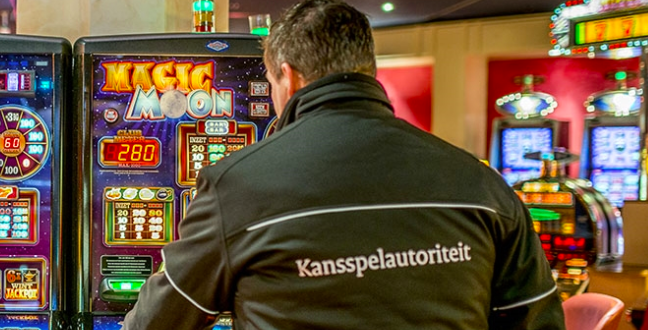Kansspelautoriteit (KSA), the Netherlands Gambling Authority, has confirmed that it will implement its new Responsible Gaming Policy on June 3, with remaining duties on player interventions to be followed in October 2024.
Earlier this month, KSA announced its decision to delay the amended policy from May 2024 to June 3, 2024. The delay occurred because the authority extended its ‘response period’, allowing licensed operators and stakeholder of the Remote Gambling Act (KOA) to comment on the proposed changes and because it received a large number of responses.
Last December, the authority issued an extension to provide stakeholders across the gaming sector with extra time to give feedback on the proposed changes to the Responsible Gaming Policy, including tightening the duty of care that online providers owe their players.
Updating stakeholders, the authority has now confirmed that it will enforce two definitive dates for implementing parts of the policy for providers, publishing most of the amended rules in the Government Gazette on June 3.
However, the KSA has stated that it will implement Article 3.1.12, paragraphs four to seven, and Article 3.1.13, paragraph two, of the consultation version of the Responsible Gaming Policy Rules – which involve analysing and ‘recording playing behaviours’ and ‘interventions in playing behaviours’– on October 1, 2024.
The authority further explained that it might slightly modify articles in response to the consultation feedback, and it is allowing time for providers to make any necessary changes in the fields of ICT, policy, and personnel.
Earlier this year, the KSA introduced a new supervisory agenda as part of its ‘Safe Gaming mission‘, which aligns with public objectives to enhance player protection.
Within its 2020-2024 strategy, the agenda identified four areas of possible additional risk in 2024: duty of care/addiction prevention; combating illegal online offerings; support of partners; and compliance with data provision.
Demanding market changes, the Kamer continues to cast votes on proposals to overhaul KOA rules, which have governed Dutch online gambling since the market’s inception in October 2021.
Latest developments saw Dutch reformists claim victory as motions to ban ‘high risk online casino games’ and ‘to implement an outright ban on online gambling advertising’ won narrow majority at the Kamer.
Attention turns to Dutch Legal Protection Minister Franc Weerwind, to whether motions can be determined as a law. Whether ditched or retained, the KOA Act faces unprecedented changes across all legislative components, compelling Dutch operators to navigate a reversal in the framework that initially launched the market in 2021.









